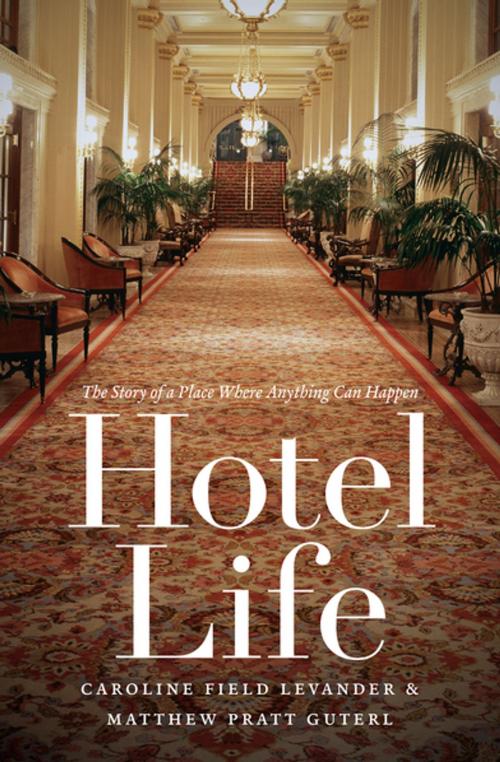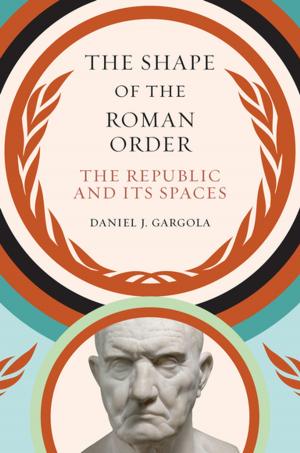Hotel Life
The Story of a Place Where Anything Can Happen
Nonfiction, Social & Cultural Studies, Social Science, Cultural Studies, Popular Culture, History, Americas, United States| Author: | Caroline Field Levander, Matthew Pratt Guterl | ISBN: | 9781469621135 |
| Publisher: | The University of North Carolina Press | Publication: | April 27, 2015 |
| Imprint: | The University of North Carolina Press | Language: | English |
| Author: | Caroline Field Levander, Matthew Pratt Guterl |
| ISBN: | 9781469621135 |
| Publisher: | The University of North Carolina Press |
| Publication: | April 27, 2015 |
| Imprint: | The University of North Carolina Press |
| Language: | English |
What is a hotel? As Caroline Field Levander and Matthew Pratt Guterl show us in this thought-provoking book, even though hotels are everywhere around us, we rarely consider their essential role in our modern existence and how they help frame our sense of who and what we are. They are, in fact, as centrally important as other powerful places like prisons, hospitals, or universities. More than simply structures made of steel, concrete, and glass, hotels are social and political institutions that we invest with overlapping and contradictory meaning. These alluring places uniquely capture the realities of our world, where the lines between public and private, labor and leisure, fortune and failure, desire and despair are regularly blurred. Guiding readers through the story of hotels as places of troublesome possibility, as mazelike physical buildings, as inspirational touchstones for art and literature, and as unsettling, even disturbing, backdrops for the drama of everyday life, Levander and Guterl ensure that we will never think about this seemingly ordinary place in the same way again.
What is a hotel? As Caroline Field Levander and Matthew Pratt Guterl show us in this thought-provoking book, even though hotels are everywhere around us, we rarely consider their essential role in our modern existence and how they help frame our sense of who and what we are. They are, in fact, as centrally important as other powerful places like prisons, hospitals, or universities. More than simply structures made of steel, concrete, and glass, hotels are social and political institutions that we invest with overlapping and contradictory meaning. These alluring places uniquely capture the realities of our world, where the lines between public and private, labor and leisure, fortune and failure, desire and despair are regularly blurred. Guiding readers through the story of hotels as places of troublesome possibility, as mazelike physical buildings, as inspirational touchstones for art and literature, and as unsettling, even disturbing, backdrops for the drama of everyday life, Levander and Guterl ensure that we will never think about this seemingly ordinary place in the same way again.















